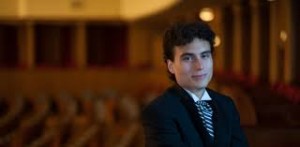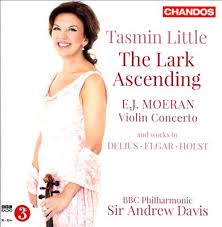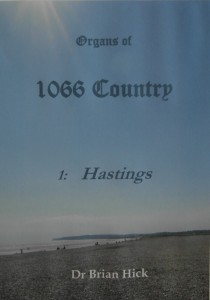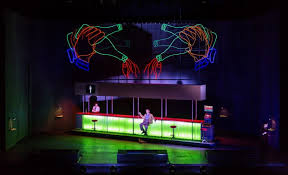White Rock Theatre Hastings 8 March 2014
A capacity crowd was entranced by three compelling performances by truly gifted young pianists from South Korea and Poland. During the week 44 pianists of 18 nationalities had taken part, themselves chosen from an earlier audition process.
The Piano concerto competition was for many years a class within the Hastings Musical Festival. It was eventually discontinued and was revived 10 years ago by Molly Townson. More recently, under Frank Wibaut’s enthusiastic directorship, the competition has increased in stature and has attracted a very high standard of performer. For the second time in the competition’s history the finalists performed with the Royal Philharmonic Concert Orchestra, under the baton of Brian Wright.
Each performance displayed remarkable talent and insight and in one sense it was a shame that this was a competition with the inevitable singling out of a winner.
Yekwon Sunwoo, a 25year old South Korean started the proceedings with his stylish interpretation of Rachmaninov’s 3rd Piano Concerto. This was followed by Tchaikovsky’s 1st Piano Concerto confidently presented by Marcin Koziak, 24, from Poland. The final performance was the evening’s second outing for the Rachmaninov, this time played with conviction and sensitivity by 17 year old Taek Gi Lee, also from South Korea.
The overall winner, and winner of the audience prize, was Taek Gi Lee. At just 17 he is clearly a name to watch for in the future, as are the other two competitors, each of whom gave remarkable and highly enjoyable performances.
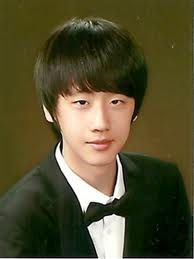
The jury included some distinguished members of the international musical community. This year a specially distinguished jury member was Dame Fanny Waterman, co-founder of the Leeds International Piano Competition. Before the presentation of awards she gave a highly entertaining and insightful speech, which in itself was a joy to witness.
It is to be hoped that this competition will go from strength to strength, promoting the achievements of young performers and bringing such high quality music-making to Hastings. It is very much appreciated by local people and now deserves a wider audience and support.
SP

